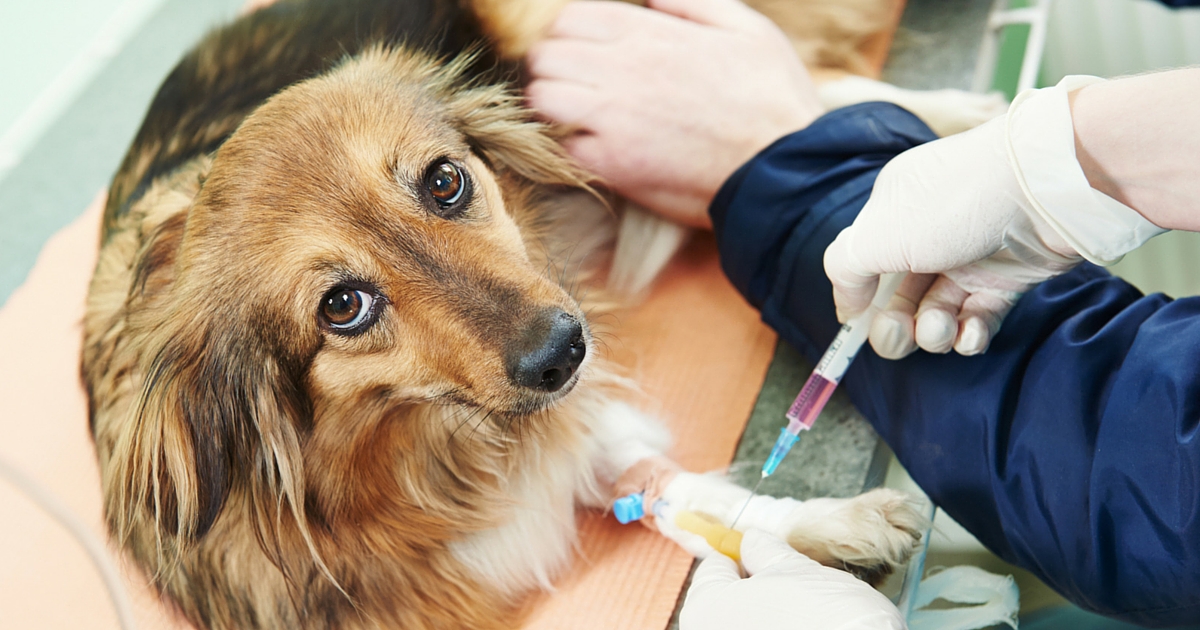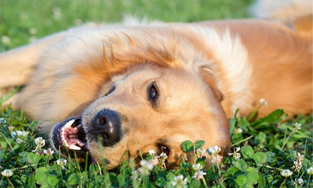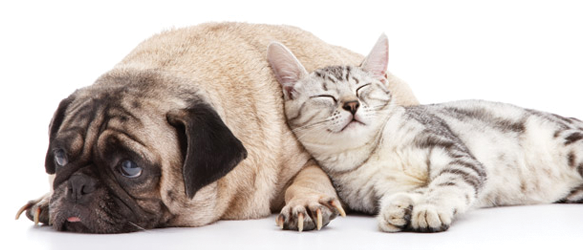How To Eliminate The Risk Of Your Pet Being Poisoned 
21st December 2015
This week, PetStayAdvisor became aware of a post circulating on Facebook about peanut butter manufacturers adding a natural sugar substitute called Xylitol to their products. The topic has become an important one, due to the toxicity and life-threatening effects that your dog could suffer from, should they ingest the sugar alternative called Xylitol.
This is really important……
Xylitol is a popular sugar alternative in baked goods, deserts, toothpaste, lollies, sweets, candy, sugar-free gum and now in some brands of peanut butter. It is a popular sugar substitute for diabetics and for weight loss programs. Ron Hines DVM PhD, reports that the list of products is very long. Beware of any product that is packaged using the terms ‘Sugar Free’, ‘Dental’, ‘Diabetic Approved’ or ‘Low or Reduced Calorie’.
The good news for cat owners is that there is no known toxic effects from ingesting Xylitol, according to Dr Eric Barchas. That said, cat owners should still avoid feeding their cats products containing this sugar alcohol additive commonly used as a sweetener. The ASPCA’s Animal control hotline in the US found that cats are less likely to expose themselves to products such as chewing gum, which is one of the main causes of poisoning in dogs. A cats disdain for minty type products means that results from studies around the effects of Xylitol in cats has taken quite a while to conclude. Therefore, prevention always seems better than a cure, and although cats do not develop low blood sugar and consequently liver failure as dogs do, is it really worth potentially exposing them to any other long-term unknown risk?
Peanut Butter products in Australia
Our research has found that Xylitol is generally found in US peanut butter products, sold in nutrition stores and online, including; (1) Go Nuts, Co., (2) Hank's Protein Plus Peanut Butter, (3) Krush Nutrition, (4) Nuts 'N More, and (5) P28. More information about the US brands and the effects of Xylitol on your dog can be found on Preventive Vet.
For the Australian market we found a very good product review article at the Food & Nutrition Australia Website. They reviewed seven different brands of peanut butter and included their ingredients. (1) Kraft Whipped, (2) Kraft Smooth, (3) Kraft Light Smooth, (4) Sanitarium Smooth, (5) Sanitarium Natural Smooth, (6) Woolworths own Brand Smooth, (7) Macro Wholefoods Organic Smooth. None of these products contain Xylitol. We double checked this.
On the 4th June 2015, one gorgeous pet owner posted on Dogz Online “I checked the ingredients of every single peanut butter sold by Coles and Woolworths and not a single one contained xylitol. If you actually read the article you posted, you'll notice that it was one US brand in particular, it's not even a common issue in the country where it was written”.
Another member on Dogz Online posted that “Mine [Dogs] rarely have it but I just checked mine which is Bramwells Crunchy from Aldi and no xylitol listed”.
Long story short
Xylitol is extremely dangerous to dogs. Wikipedia states that dogs that have ingested foods containing xylitol (greater than 100 milligrams of xylitol consumed per kilogram of bodyweight) have presented with low blood sugar (hypoglycaemia), which can be life-threatening. Symptoms to look out for include, loss of coordination, depression, collapse and seizures in as little as 30 minutes. Intake of doses of xylitol (greater than 500 – 1000 mg/kg bwt) have been implicated in liver failure in dogs, which can be fatal.
Cat owners beware. Cats, as it turns out, are more sensitive to many more things than dogs. For example, doses of acetaminophen used to treat pain in dogs would be fatal to a cat. So although they appear to be Xylitol proof, please heed caution for any non-cat product and how it may affect them.
Bottom line is
Xylitol is also naturally found in low concentrations in the fibres of many fruits and vegetables, and can be extracted from various berries, oats, and mushrooms, as well as fibrous material such as corn husks, sugar cane, bagasse and birch.
If you are feeding your pet any non-pet food product, check that these foods do not contain any ingredients that could be deadly or harmful to your pet.
Disclaimer: The information regarding products and their use of Xylitol is correct at time of writing. Pet owners or operators should always check the food labels. PetStayAdvisor will not be held responsible for anyone feeding their pet, non-pet products containing Xylitol, or any other toxic food unsuitable for pet consumption.
Useful links
Health and Harmful Foods for Cats
Related Articles:
DIY Easy to make Xmas Pet Presents
Top 4 Favourite Christmas Pet Gifts

10 important questions to ask before boarding your pet
Going away on holiday can be an exciting time for us pet owners, yet how can you be sure that your companions stay will be as happy and relaxing as your own, whilst you are away? Leaving your pet with knowledgeable and experienced pet boarding operators can be achieved by knowing the right questions to ask.
Read more

 *Fully tax deductible, 30 day money back guarantee
*Fully tax deductible, 30 day money back guarantee



